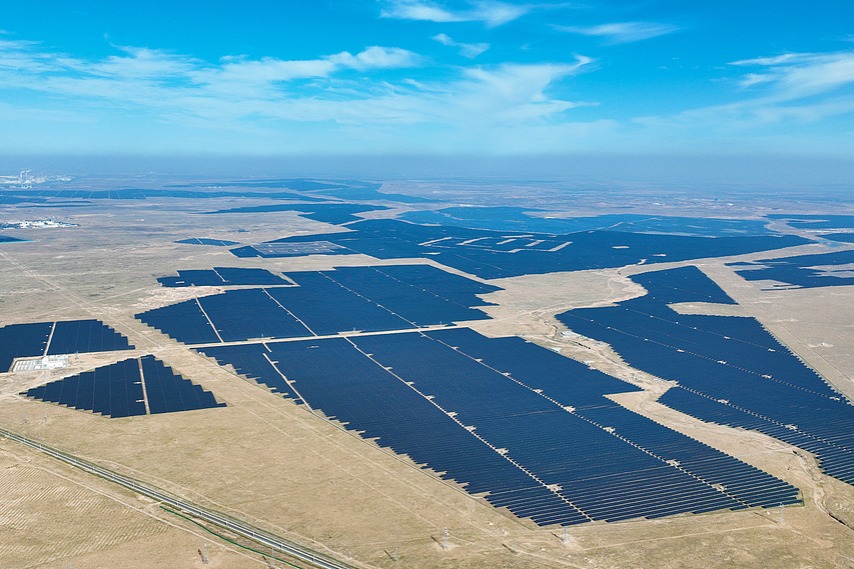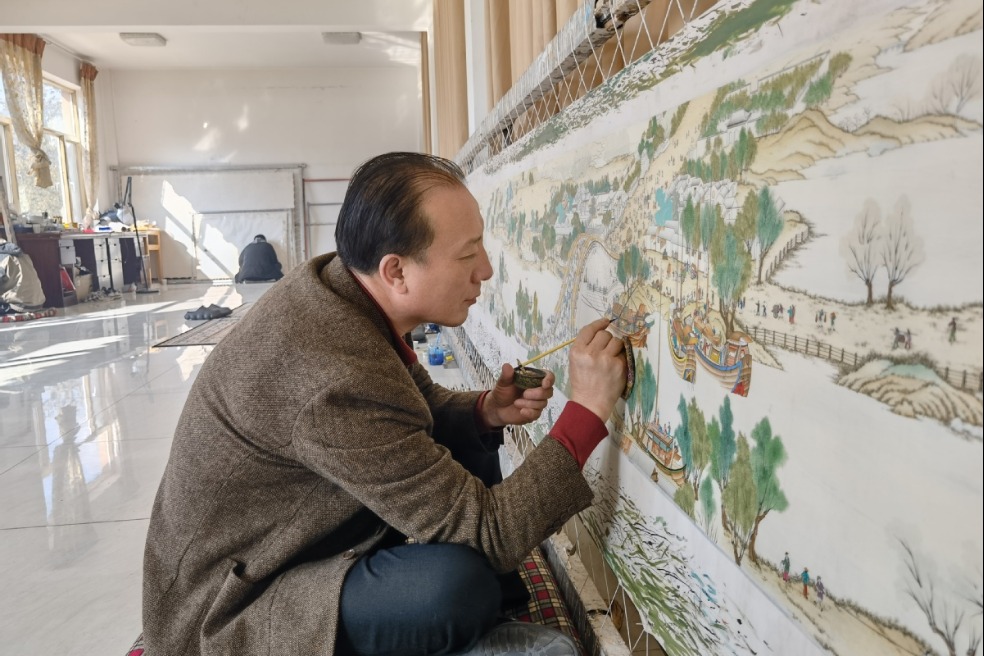A cultural gene pull


Southern temple builds on the past to link tourism with the philosophical heritage of Confucius, thus securing it for future generations, Yang Feiyue reports.
Red walls and black tiles render an ambience of solemnity over the Confucius ancestral temple in southern China. The temple faces a Confucius culture park across the street, where a 12-ton, 9-meter-tall bronze statue of the philosopher dominates the view.
The presence of these elements delighted Tsytsiura Kseniia during a recent visit to the temple, located in Quzhou city, Zhejiang province.
"I've been fascinated by Confucius and the culture of Confucianism since childhood," says Kseniia, who is from Ukraine and currently working and studying in China.
This was due to the influence of his grandfather who, decades ago, taught at Wuhan University, Kseniia says.
She was impressed by the creative design of the admission ticket, which carries a miniature version of The Analects of Confucius.
"I used to be under the impression that the Confucius ancestral temple was only admissible to their descendants," Kseniia says, adding that she was surprised to learn that the temple was run as a tourist attraction.
"Offering access to the public shows the openness and inclusiveness of Confucianism," she adds.
























